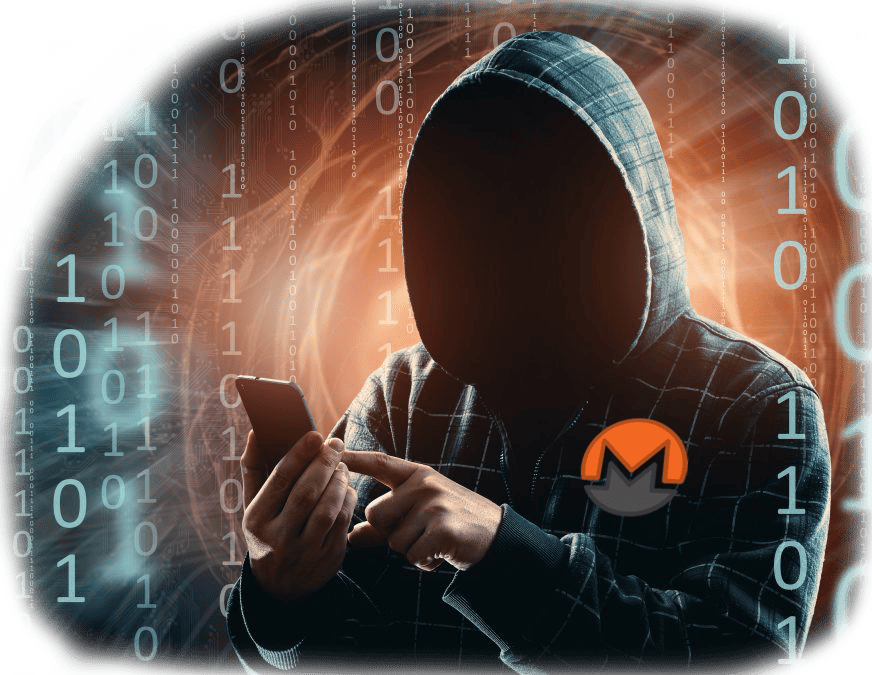Learn Hacking: A Beginner’s Guide to Cybersecurity Skills
Learn Hacking: A Beginner’s Guide to Cybersecurity Skills
Blog Article
In today's electronic age, coughing has developed from the shadowy exercise to a sought-after skill set that powers cybersecurity and innovation. If you've actually wondered what it requires to become how to be a hacker, you're perhaps not alone.
Knowledge Computer Systems
To start your coughing trip, it's crucial to have a stable understanding of computer systems. This implies knowing how operating systems like Windows, Linux, and macOS purpose and how they manage sources and processes. Familiarity with file techniques, network practices, and command-line interfaces may enable one to spot and use program vulnerabilities effectively.

Moreover, understanding coding languages like Python, C++, or Java is vital. These languages permit you to develop programs and tools necessary for transmission screening and automation. By understanding these languages, you'll have the ability to understand, modify, and build signal that may identify and address protection flaws.
Marketing and Protection Methods
A thorough understanding of networking is another essential ability for future hackers. Knowledge the complexities of TCP/IP protocols, subnetting, and firewalls enables you to maneuver through networks seamlessly. That understanding is crucial for distinguishing weak points in system architecture, paving just how for ethical hacking practices.
Protection ideas, such as security, validation, and authorization, are equally important. Studying these ideas will allow you to defend painful and sensitive data while moving internet landscapes. Getting experience in cryptography lets you safeguard knowledge and speak safely, that will be simple in honest hacking endeavors.

Problem-Solving and Analytical Abilities
Coughing is frequently about solving complicated problems, creating problem-solving and logical abilities indispensable. Important thinking allows you to recognize vulnerabilities, examine risks, and formulate innovative solutions. An diagnostic mindset lets you dissect issues in to workable elements, making it more straightforward to tackle protection problems effectively.
By refining your problem-solving talents, you'll become proficient at knowledge the interplay between different system components. That understanding can help you develop special techniques to breach defenses ethically and reliably, contributing to increased cybersecurity measures.
In conclusion, becoming a hacker requires a mixture of technical expertise, curiosity, and a commitment to ethical practices. By creating a heavy understanding of computer systems, marketing, and security ideas while honing your problem-solving skills, you'll be well-equipped to prosper on the planet of hacking. Remember, the main element lies in continuous understanding and changing to the ever-evolving digital landscape.
Report this page